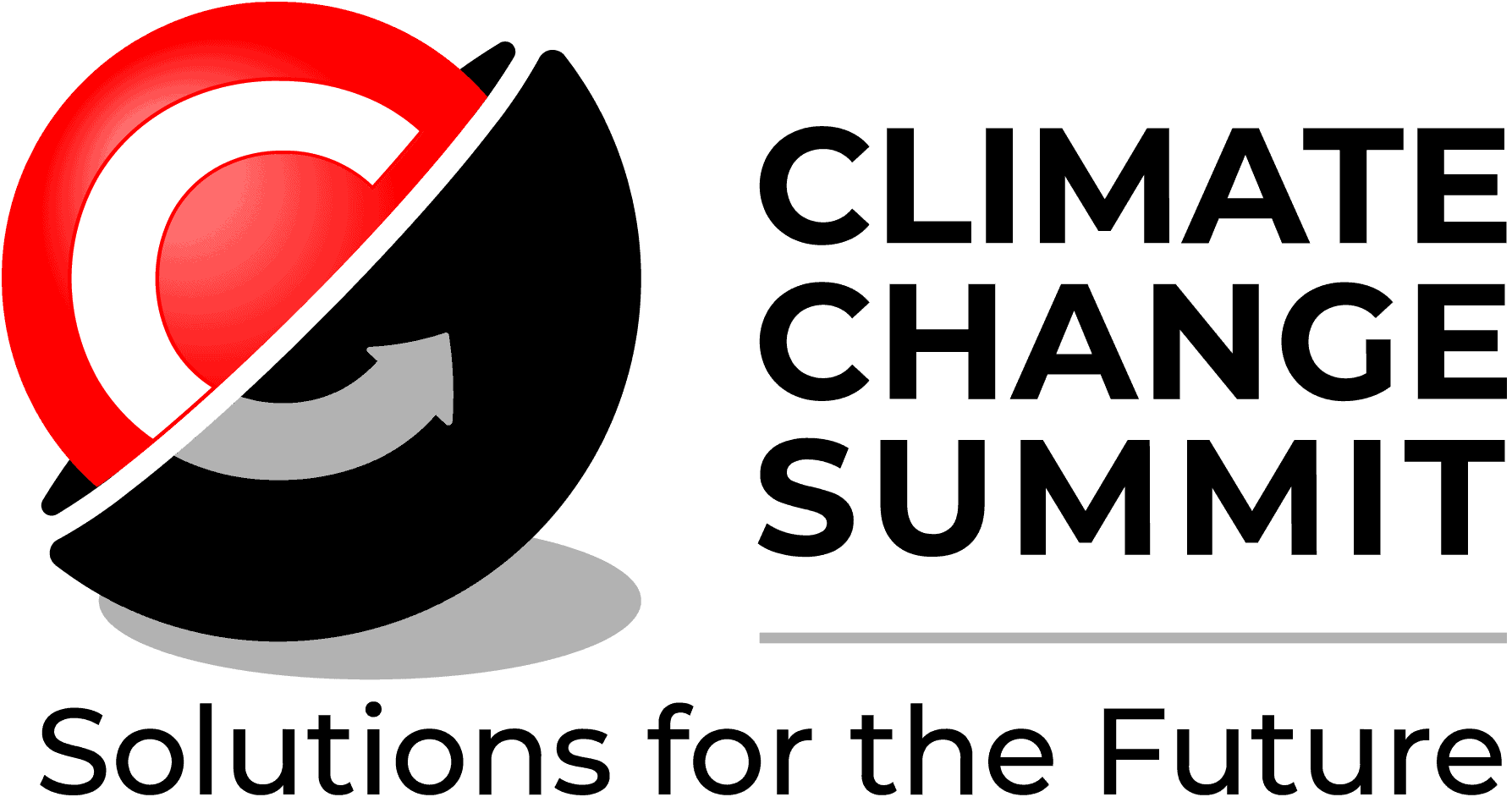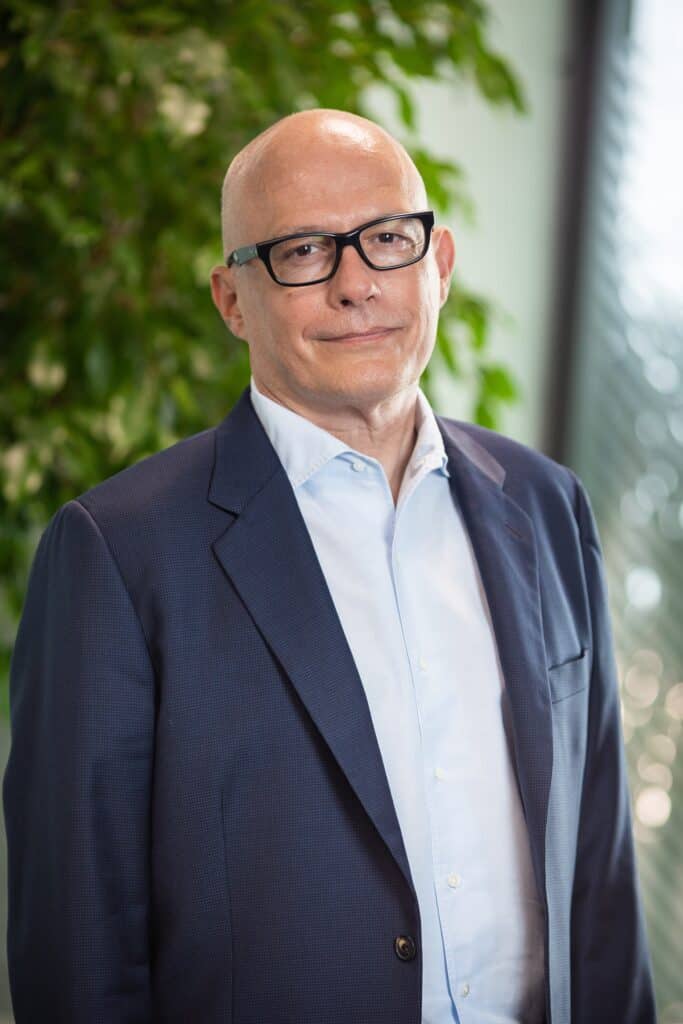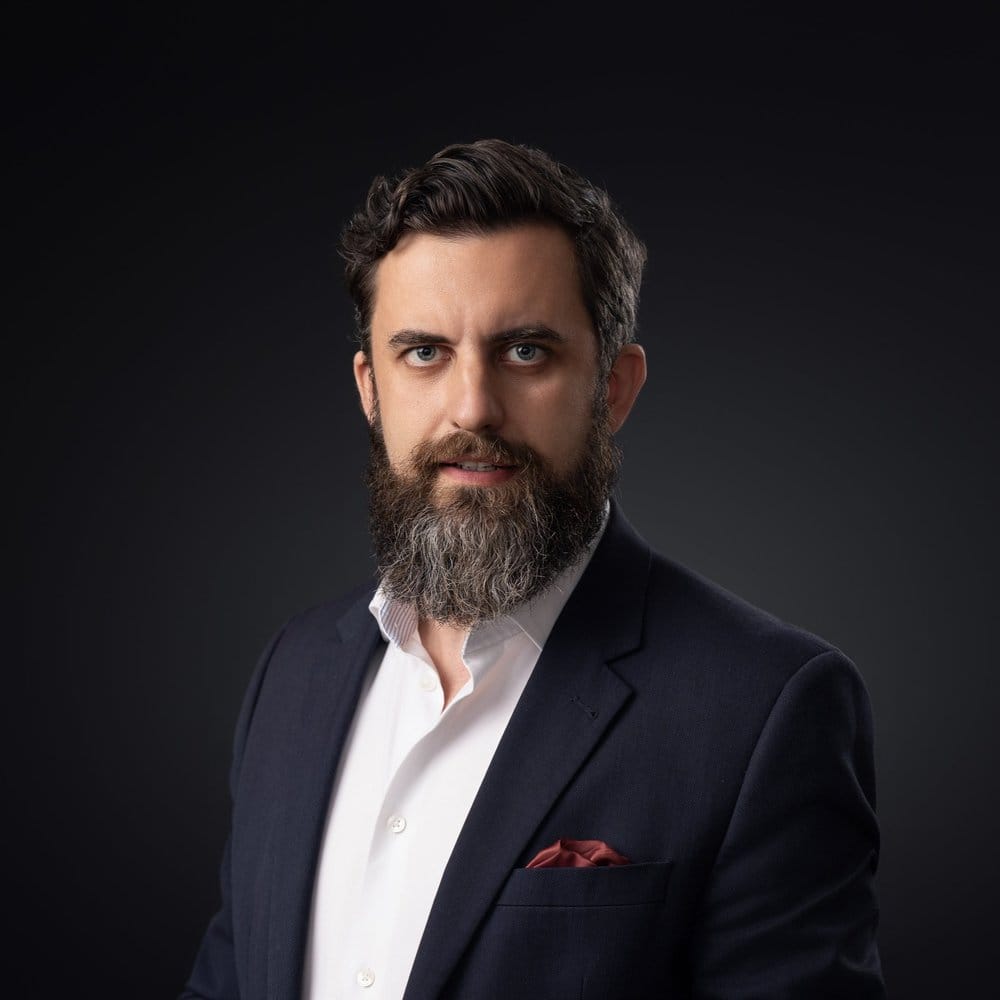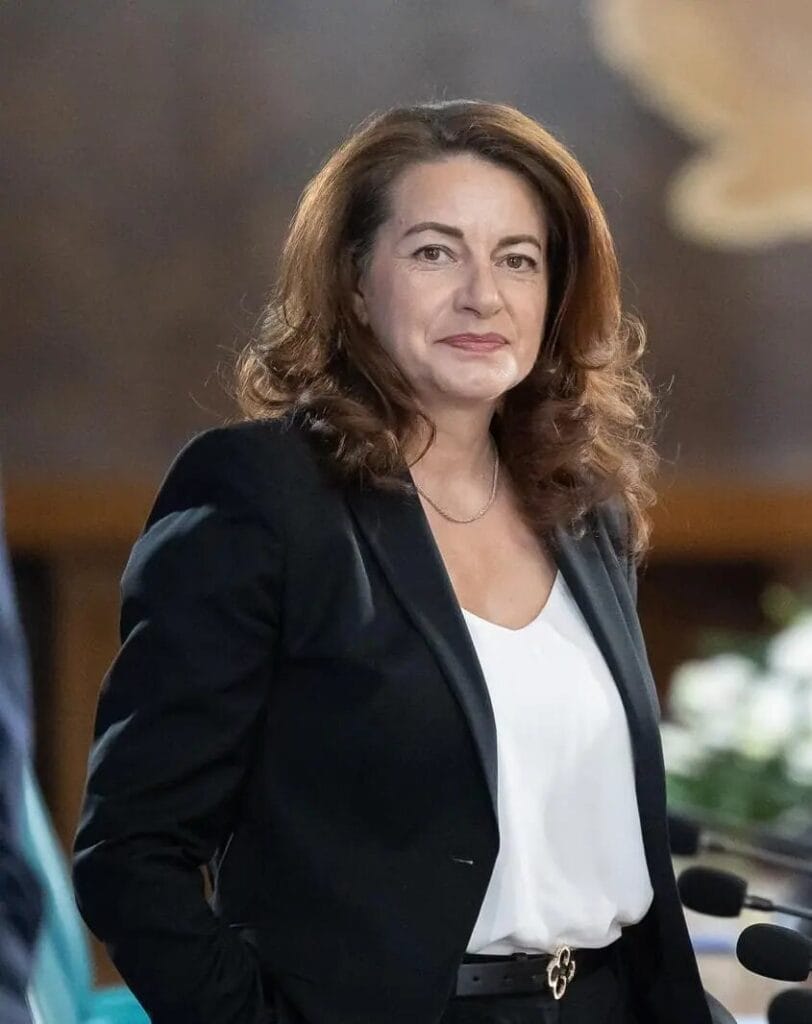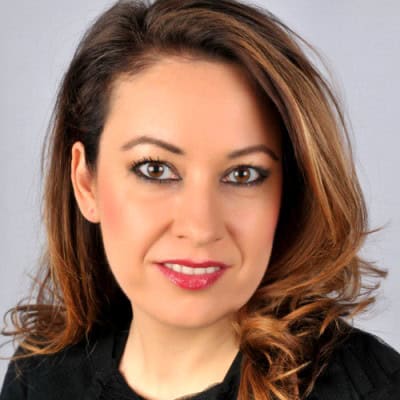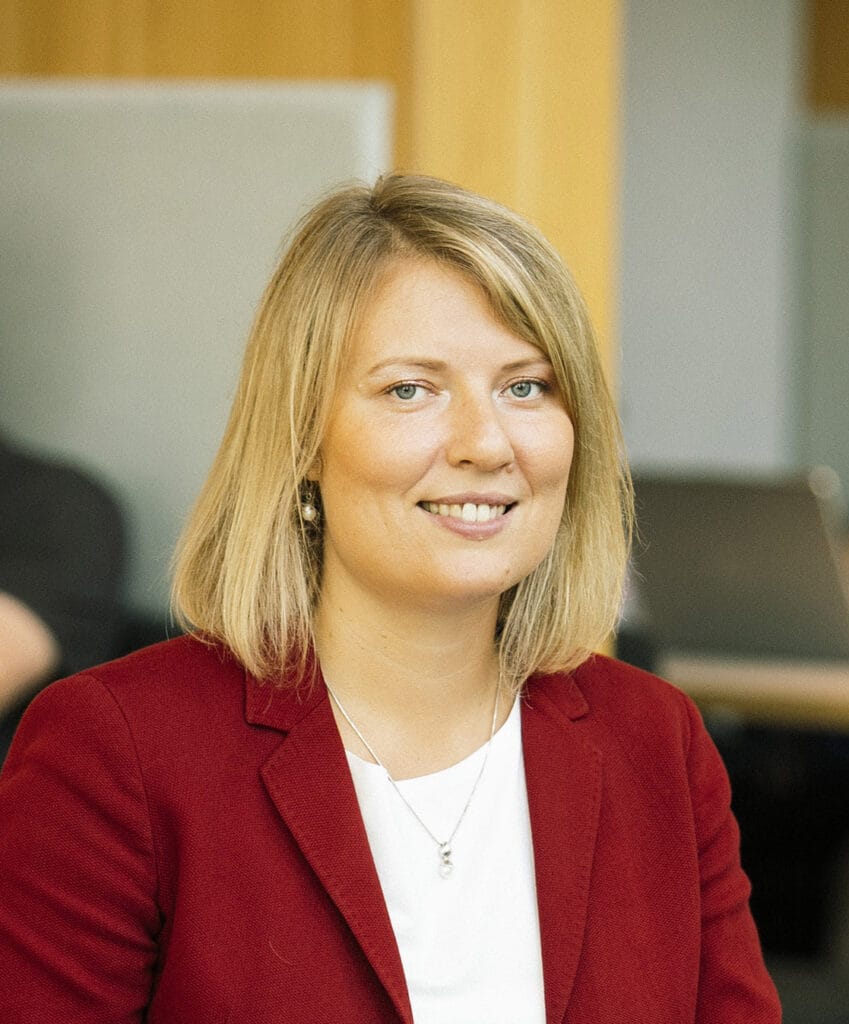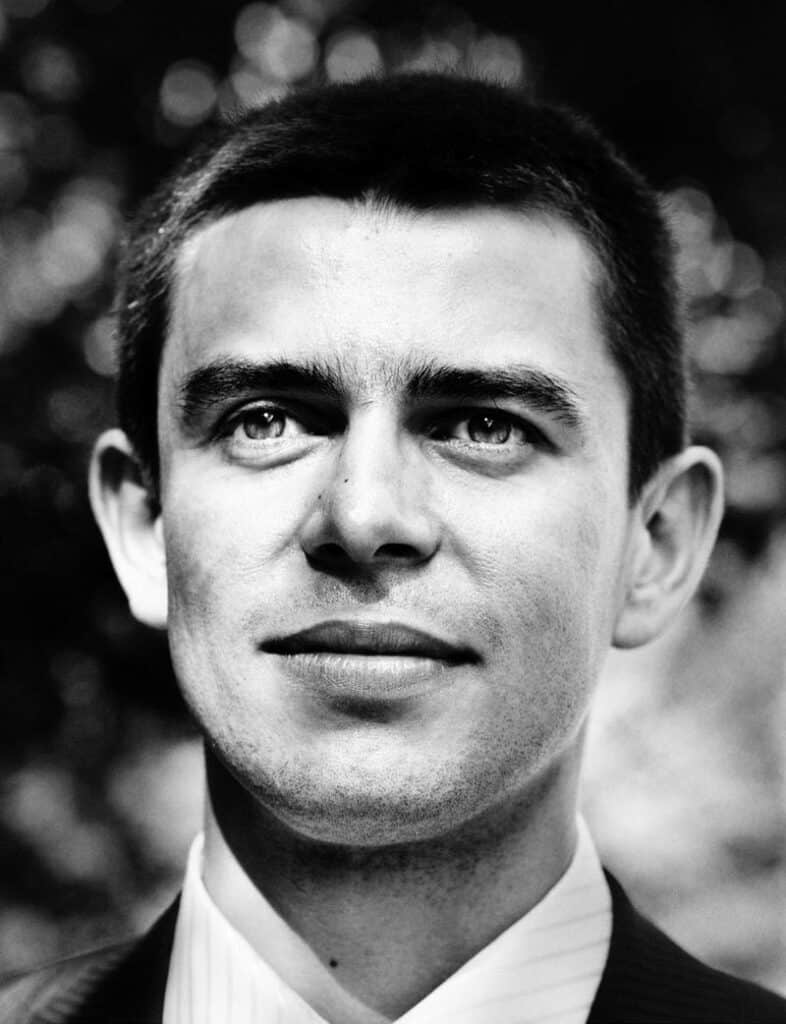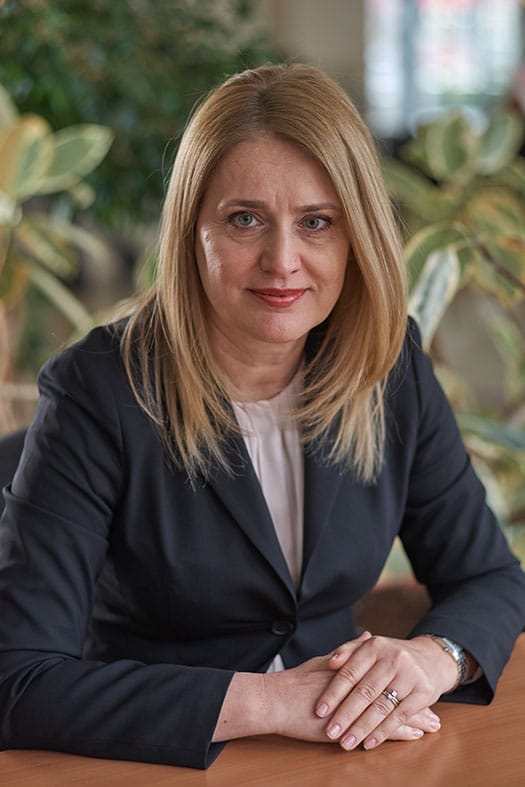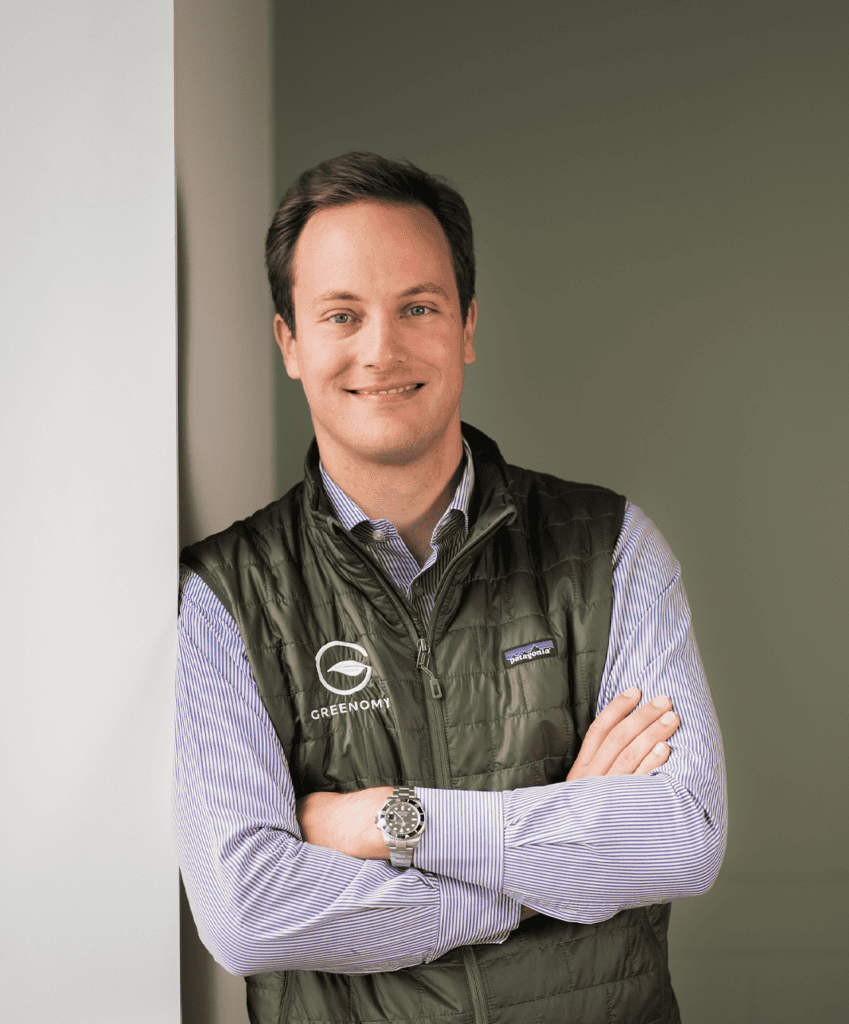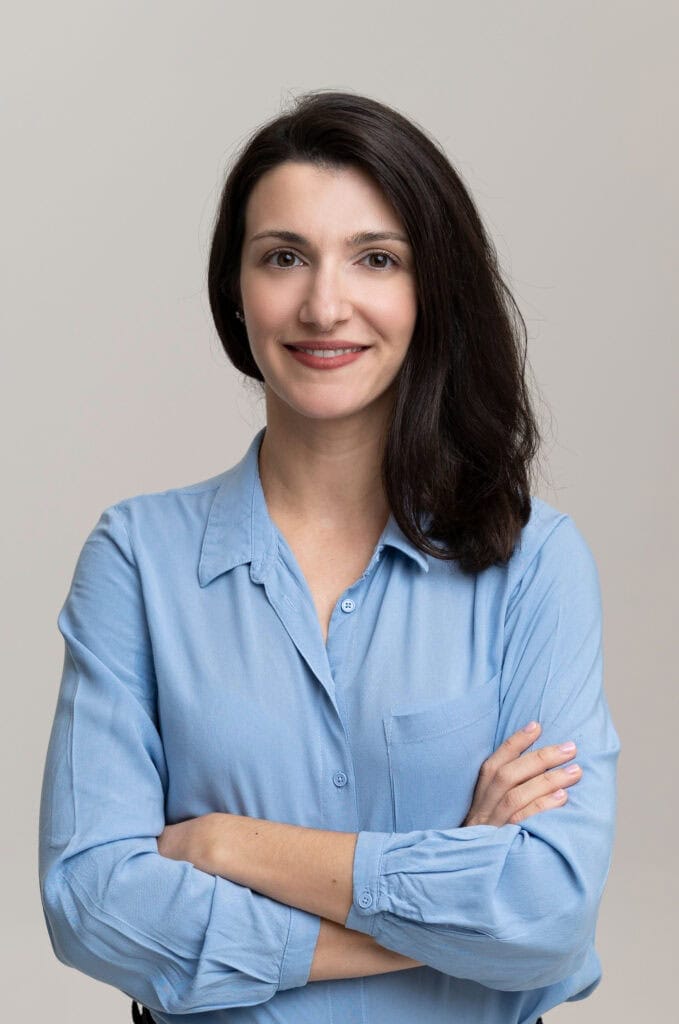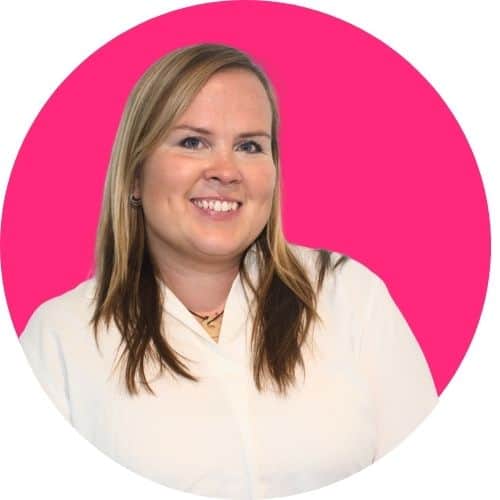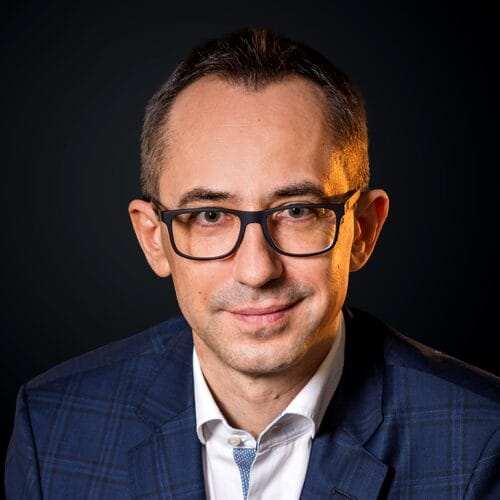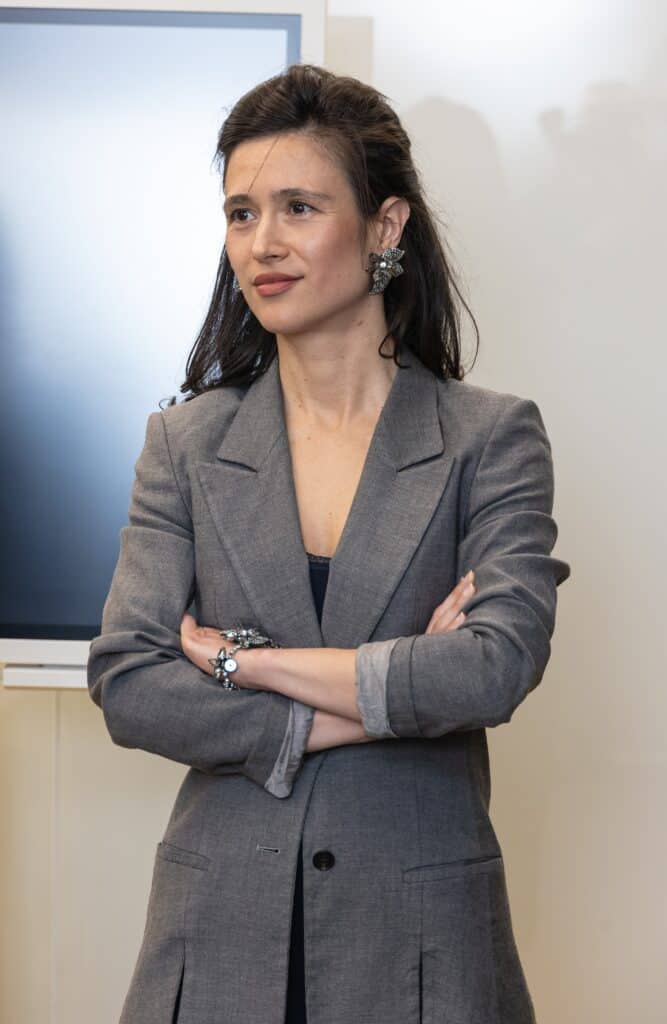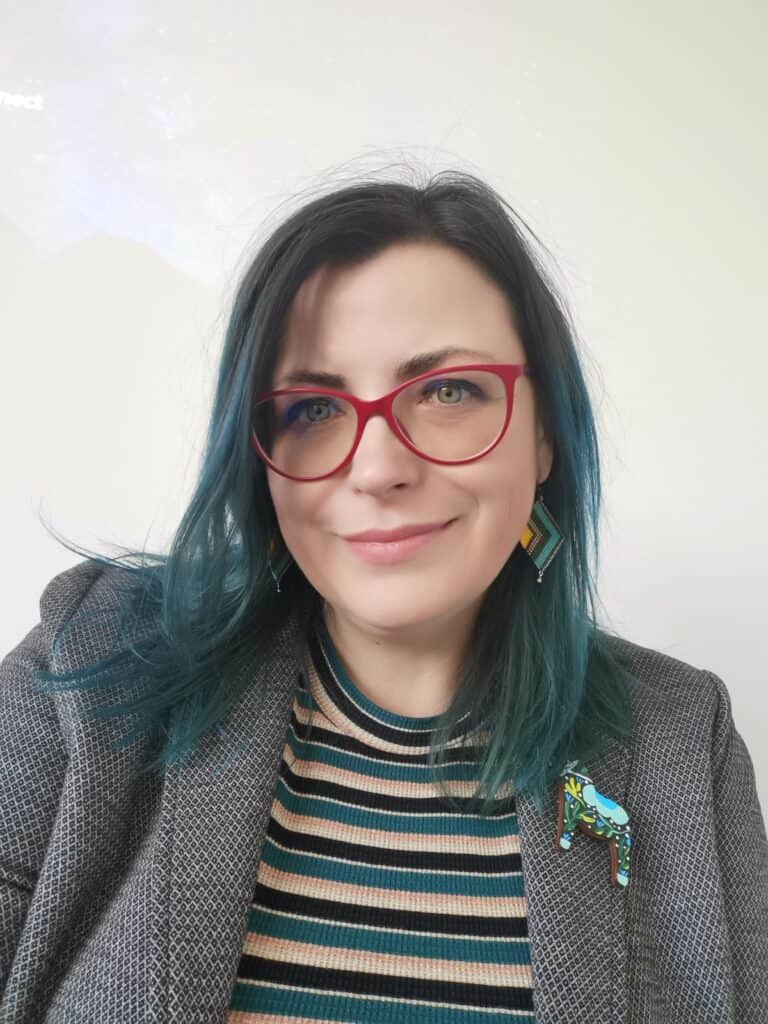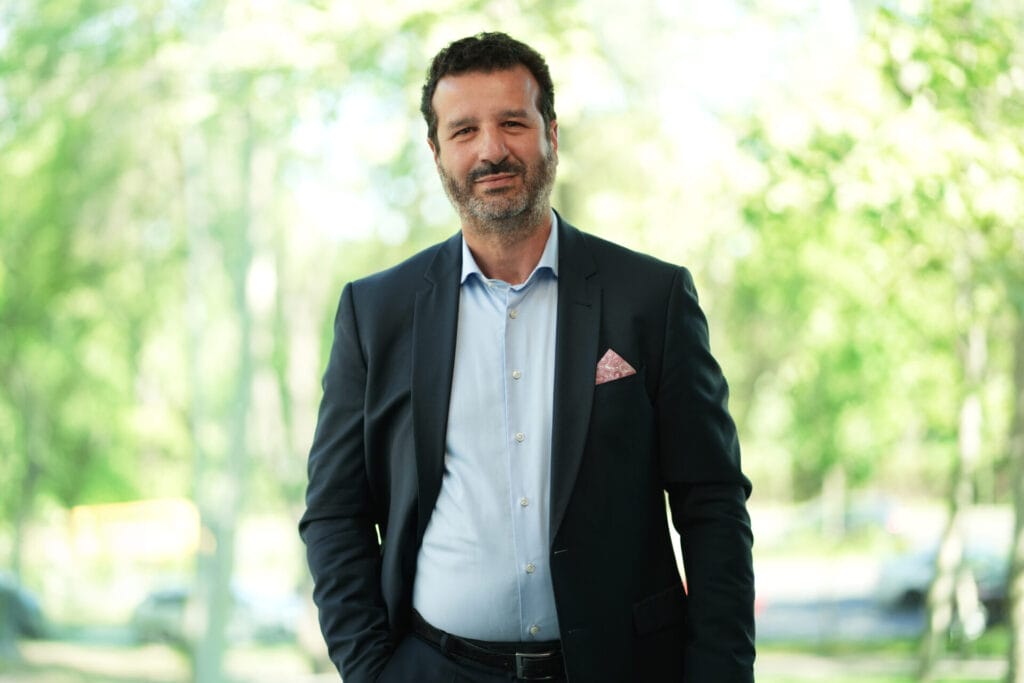Written by Seth Godin
Plastic was inevitable.
It took hundreds of years to perfect, but we built a system based on profit, convenience, productivity and markets.
Markets are extremely good at sniffing out problems that can be solved with transactions. If people care enough to buy something to fill a need, someone else is likely to try to make that thing.
Along the way, this market-need sensing mechanism leads to factories, to retailers and to marketing. No one is in charge, no one stays on top forever, and the outputs of the system keep shifting–more of what the capital markets, parts of the labor market and most of all, the consumer market demands.
And so plastic is inevitable.
It makes it easy to manufacture and ship some things. It can increase productivity. It can lower costs. It makes the retail process more convenient–and consumers love convenience.
Last year, earthlings manufactured and used a trillion plastic bags. The manufacturer and disposal of plastic has an enormous cost to people and the places we live.
But plastic persists as a commercial solution, because the system is invisible and resilient. Each member of the system does what they do, usually for good reasons.
Gaiam makes yoga mats and blocks. It’s run by people who care about their impact on things, and their customers are environmentally aware. Yoga blocks are made of semi-hard foam, but they last a long time, and most of their customers are okay with that tradeoff.
But these blocks are then shrink-wrapped in plastic. And then the plastic shrink-wrapped foam blocks are wrapped in a relatively thick plastic marketing band to make them easier to display at the store. And then, if you buy the blocks from Amazon, the shrink-wrapped, belly-banded blocks are put in a plastic bag before being shipped to you.
Gaiam says that they’d rather not do this, but the retailers they depend on require them to. And the retailers say that they’d rather not require this, but it would increase prices (and perhaps decrease sales) if they had to rely on store personnel to hand-sell them. And Amazon uses a stopwatch and a spreadsheet to figure out what’s cheaper and faster…
And so, a system.
Plastic is just one example. Industrial and cultural systems are all around us, with all participants doing what they’re encouraged to do and furthering the work of the system.
Systems almost never change voluntarily. They rarely change because some of the participants in the system decide that they would prefer new rules. Systems change when their inputs change and when the rules change.
In this example, the moment we charge an appropriate price for plastic, incorporating the significant costs of disposal and climate change, the system will notice and act appropriately.
Every system we live with has already been altered by the needs of some of the people impacted by the system. As impacts grow, the number of people affected grows as well. Systemic problems require systemic solutions.
